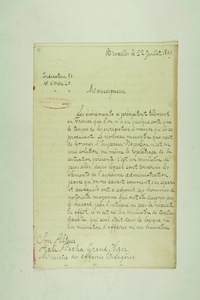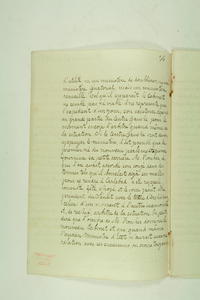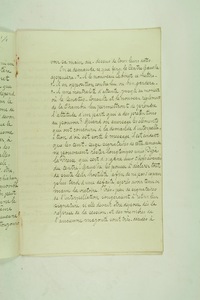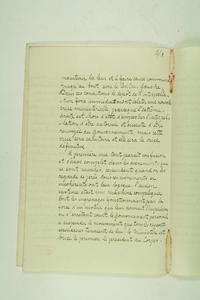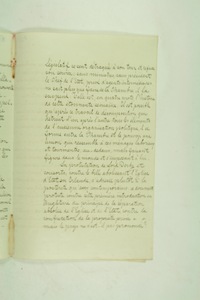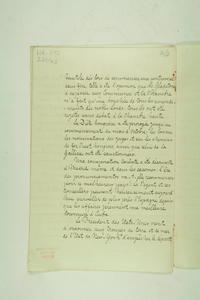Ottoman Diplomats
Letters from the Imperial Legation in Brussels (1849–1914)
Synopsis
Glavany calls the new government that was being formed in France a government of last resort, where old elements remained on the administrative level. Unlike Glavany’s expectations, expressed in his previous report, the new government was not a centre-left one. It was rather a patchwork that did not seem viable, according to him. The centre-left seemed to be the arbitrator of the situation. Previous Minister of State, Eugène Rouher, however, played an important role in the new formation, dominating the new government. Even though he had no link with his successors, Glavany notes that Rouher seemed to be pulling the strings. He wonders how the centre-left would react towards the new government: would it oppose the government or keep its neutrality, despite the new rules allowing them to present themselves as a party that has the right to claim power? The press was pushing the centre-left members to declare their opposition. Glavany expects a ministerial crisis to develop, but is optimistic, as he attributes something salutary to the crisis and finds a logic in the chaos. He explains his view on the situation by using a metaphor of a machine and an organic metaphor of decomposition. He then addresses the issue of the British bill on the abolishment of state religion in Ireland. Gladstone wanted to silence the controversy, as the House of Lords had rejected all amendments to the bill. The Hongarian parliament had extended its term. In Madrid, a Carlist conspiracy had been detected. The Spanish regent and his advisors were able watch the situation more closely, since the news from Cuba was more optimistic. The President of the United States, Grant, had ordered the New York soldiers to prevent pirate bands to leave Cuba. Glavany approved of Grant’s attitude, since he seemed to respect the rights of the people.
Facsimiles
How to cite
If you use this website for your own research, we kindly ask you to mention the following reference in your publications:
Consulted online at Ottoman Diplomats: Letters From the Imperial Legation in Brussels (1849–1914) (2014 Edition), Centre for Political History (PoHis), University of Antwerp, <http://dighum.uantwerpen.be/ottomandiplomats/>.
